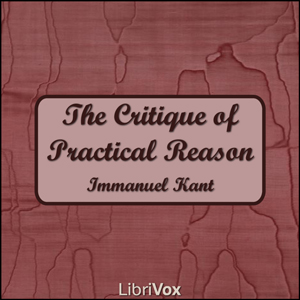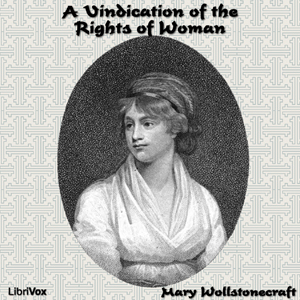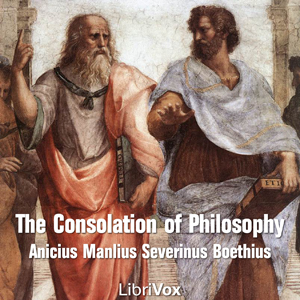- Preface
- Introduction: Of the Idea of a Critique of Practical Reason
- Of the Principles of Pure Practical Reason:THEOREM II
- Of the Principles of Pure Practical Reason:THEOREM III
- Of the Principles of Pure Practical Reason: THEOREM IV
- Of the Deduction of the Fundamental Principles of Pure Practical Reason
- Of the Right that Pure Reason in its Practical use has to an Extension which is not possible to it in its Speculative Use
- Of the Concept of an Object of Pure Practical Reason
- Table of the Categories of Freedom relatively to the Notions of Good and Evil
- Of the Motives of Pure Practical Reason
- Critical Examination of the Analytic of Pure Practical Reason
- Of a Dialectic of Pure Practical Reason Generally
- Of the Dialectic of Pure Reason in defining the Conception of the “Summum Bonum”
- Critical Solution of the Antinomy of Practical Reason
- Of the Primacy of Pure Practical Reason in its Union with the Speculative Reason
- The Existence of God as a Postulate of Pure Practical Reason
- Of the Postulates of Pure Practical Reason Generally
- Of Belief from a Requirement of Pure Reason
- Methodology of Pure Practical Reason
The Critique of Practical Reason (Kritik der praktischen Vernunft) is the second of Immanuel Kant's three critiques, first published in 1788. It follows on from his Critique of Pure Reason and deals with his moral philosophy. The second Critique exercised a decisive influence over the subsequent development of the field of ethics and moral philosophy, becoming the principle reference point for ethical systems that focus on the rightness or wrongness of actions themselves, as opposed to the rightness or wrongness of the consequences of those actions. Subsequently termed “deontological ethics”, Kant’s ethical system also laid the groundwork of moral absolutism, the belief that there are absolute standards against which moral questions can be judged, and that certain actions are right or wrong, devoid of the context of the act. (Summary by Wikipedia and Ticktockman)
There are no reviews for this eBook.
There are no comments for this eBook.
You must log in to post a comment.
Log in











